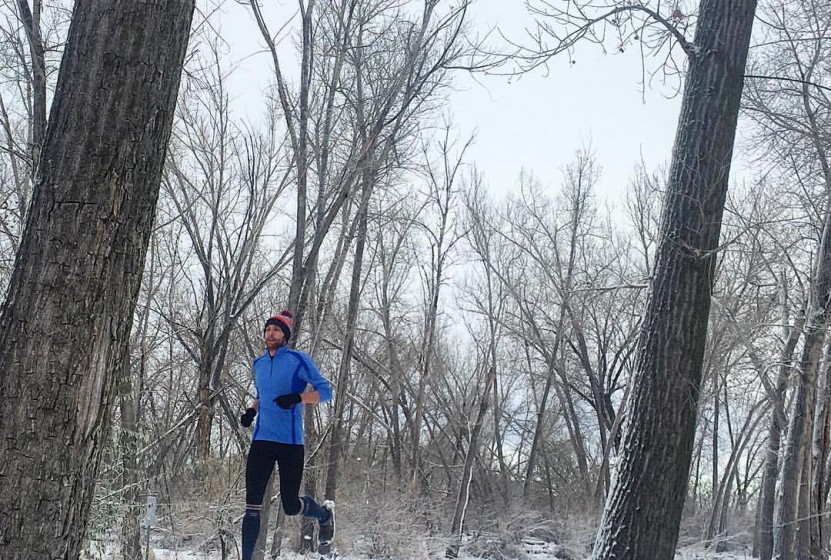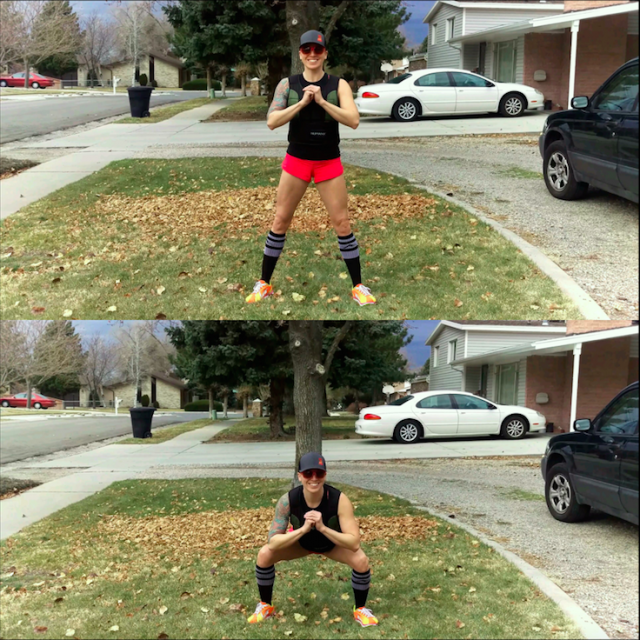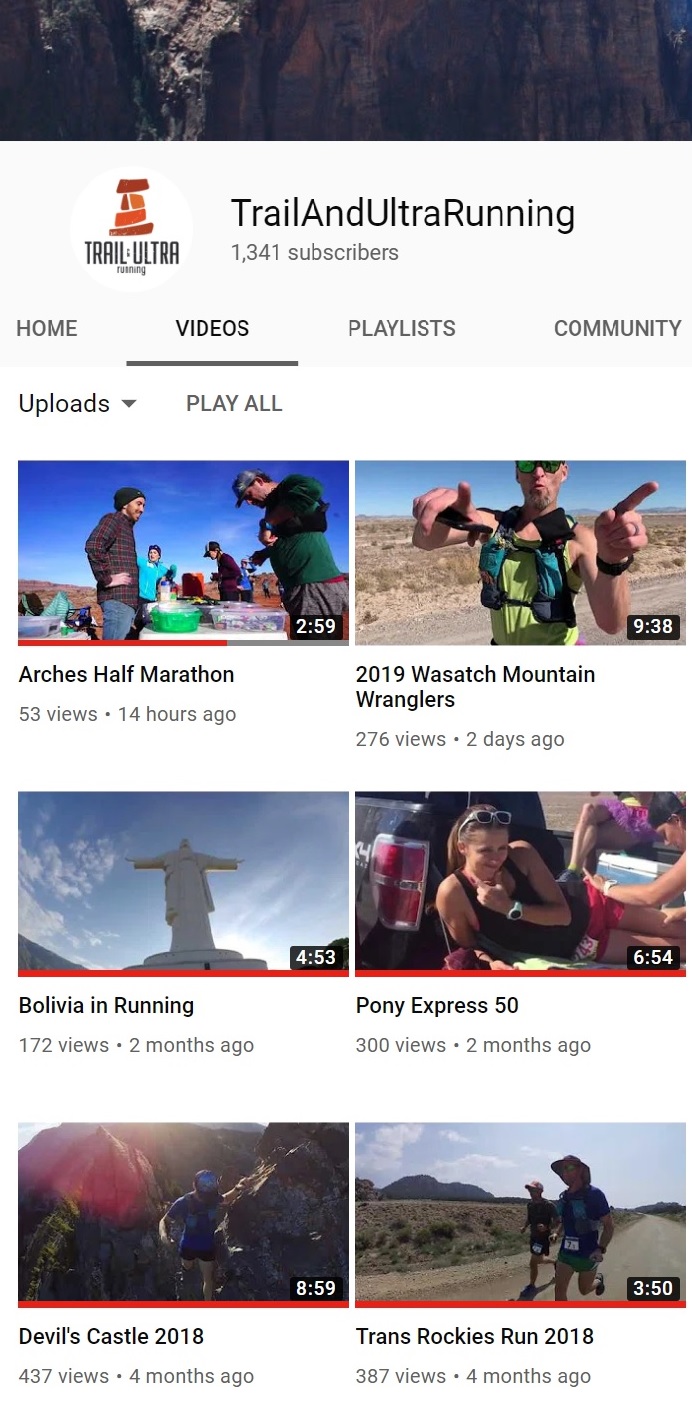It’s that time of year for most of us. Your races are over and medals collected. Weather isn’t really conducive for training or motivation for most of us. And frankly, your body just needs a break.
But what exactly is a break? I get asked a lot about my offseason routine. Personally, I feel that your entire next season is predicated on your offseason preparation. It’s important to take the time to get ready mentally and physically for another demanding year.
As a doctoral student in physical therapy and rehabilitative science, I’ve learned the physical importance of having a period of time off after your big A-race. As a competitive runner, I’ve learned the emotional importance of dialing things back to dial them in (see what I did there). I’ve compiled a little list together of some tips that I’ve learned from other athletes and my own experiences that will help any athlete get ready for their best season.
1. Recharge your batteries
Running is certainly a taxing sport. Its metabolic, emotional, physical and even financial tolls add up over a long season. Just like your monthly cycles should include lower mileage resting time for your body to recuperate, so should your training cycles from year to year.
Take at least 7 days off COMPLETELY. I know, how dare I recommend such a blasphemous thing. But trust me when I say that this is one of the most important things you can do in order to maintain performing year after year.
2.Stay in shape
After that initial week off, you need to get moving again. You have two weeks before you start to lose fitness, so getting back at it is certainly a goal. The idea of the offseason is to maintain as much of what you gained through the season as you can. You won’t keep it all, and that’s ok.
An hour or so of easy running a couple days a week to start off actually helps with the healing process. It’ll also help prime the engine and get the body moving again. Offseason training shouldn’t begin to get taxing on the body until you are in the preseason phase of the next year. You should still run hard every now and again, but typically 80% effort should be the standard.
3. Strength work
The offseason is a great opportunity to strengthen all those weaknesses that runners inherently have. Gluteal workouts are key in preventing an array of injuries like ITBS and Piriformis Syndrome. Strengthening your core is integral to maintaining efficient biomechanics in any race distance. Hammies should be 80% as strong as your quads for a well-rounded runner. Upper body? Yup, what do you think propels you up a hill?
4. Indulge a little
After a season of restraint, it’s all right to give yourself that slice of cake or sleep in a little. Focus on your secret little desires that you told yourself no to over and over because it would interfere with the training cycle. These are the little luxuries of life that shouldn’t be forgotten. Reward yourself a little for all that hard work. Eat what you want now, because soon you’ll be right back on the wagon and slapping that cheesecake right out of your own hand.
5. Don’t gain TOO much weight
We all eat like starved buffalos during training and get used to abnormally high metabolisms. I’ll be the first to admit that I enjoy that part of training more than just about anything else. But the idea of the offseason isn’t to get out of shape. A few pounds IS expected, but 20 lbs isn’t a healthy swing for the body to make every few months. It confuses the metabolism and also becomes mentally frustrating when you’re getting back into shape.
6. Run for FUN
Imagine, if you will, just for a moment, what it would be like to run without your GPS watch. There are no metrics or beeping technologies refocusing your attention to how slow you’re really running or that you’ve only gone 0.01247 miles since you last checked. Sounds nice, right?!
Don’t worry about what Strava thinks. Don’t get sucked up into running harder than you should because you’re attached to some device or social media. Get back to running for fun and at whatever effort you feel like going for that moment. Just be free and let yourself explore!
7. Work on relationships
It’s not something we can deny, running is inherently a selfish endeavor… especially ultra running where we can be gone for entire weekends and depend on friends and family to support us through these adventures.
Take some time to give back to those relationships. Make date nights a priority. Go do something they’d want to do. Offer up your time and effort to help with their hobbies or house projects. After all, you owe a lot of your success to these people and they deserve it after you cried uncontrollably in their consoling embrace because the aid station only had ramen instead of grilled cheese, as promised on the website.
8. Give another hobby some attention
Being one-dimensional is a quick way to burn out. Take some time to enjoy other activities, physical or not. Participate in other sports, read a book, take up photography… just anything that allows you to mentally invest in something other than running. You’ll have plenty of that to occupy your thoughts when you sign up for a new distance or get drawn out for Hardrock 100.
So there you go. As one athlete to another and as a future physician to a future patient, take the time off and enjoy it. Keep the embers stoked just enough while you set up that wild fire for the next season. Best of luck and happy trails!






















[…] The guys at Trail and Ultrarunning drop some tips on how to have a successful offseason. […]